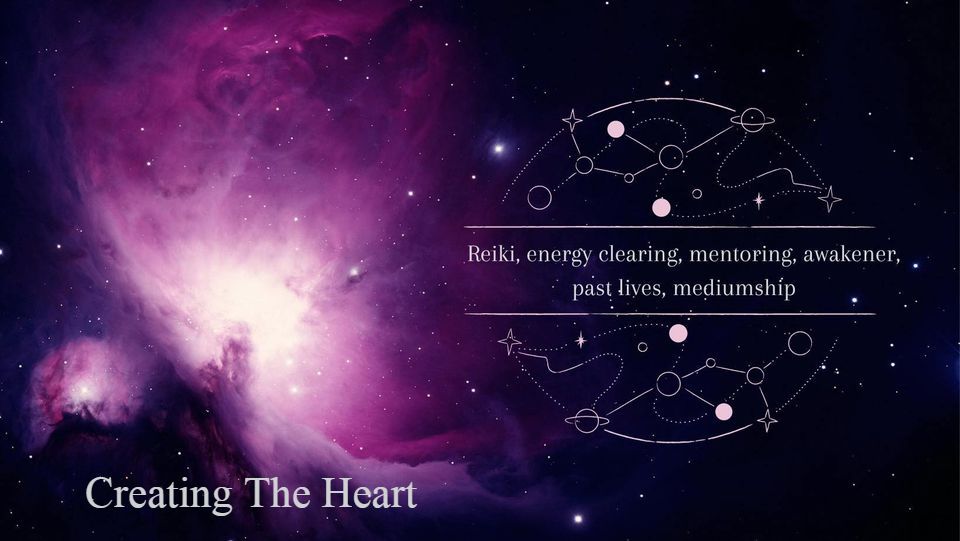Envy is a pervasive emotion that has plagued humanity throughout the ages. It is a sentiment that often arises from comparing oneself to others, leading to feelings of inadequacy and discontent. In the context of Bahá’í teachings, creating a heart free of envy is not merely a personal endeavor but a spiritual imperative. This exploration will delve into the profound insights found within the Bahá’í Faith regarding envy, its manifestations, and the various strategies for cultivating an attitude of generosity and benevolence.
The Bahá’í teachings emphasize the interconnectedness of all human beings. This core principle encourages a shift in perspective—recognizing that the successes of others do not diminish one’s own worth or potential. In this light, envy can be seen as an illusion. Hence, the first step in creating a heart free of envy is to cultivate an appreciation for the inherent value of each individual. Every person is endowed with unique gifts and potential, contributing to the tapestry of society.
Moreover, a significant teaching in the Bahá’í Faith is the concept of service to others. When individuals focus on the well-being of their fellow beings, they are less likely to engage in destructive emotions like envy. Acts of kindness foster a sense of community and solidarity, which serves as a powerful antidote to envy. This notion leads to the understanding that to combat envy, one must actively engage in uplifting and supporting others. This spirit of altruism fosters a heart devoid of envy.
Furthermore, reflection is an essential component in mitigating feelings of envy. The Bahá’í teachings advocate for self-examination and contemplation. By engaging in introspection, one can better understand the root causes of their feelings. Are these feelings stemming from insecurity or a fear of inadequacy? Addressing these internal struggles can lead to profound personal growth and the eventual dissolution of envy. Journaling, meditation, or prayer can serve as effective tools for this self-reflection.
Another foundational aspect of Bahá’í teachings is the concept of unity. The acknowledgment that humanity is one extends beyond mere words; it is anchored in action. When confronted with feelings of envy, one might consider how these emotions disrupt the harmony of collective existence. The Bahá’í Faith posits that true fulfillment comes not from rivalry but from the recognition that each individual’s success contributes to the advancement of humankind. Therefore, fostering an environment of collaboration rather than competition becomes essential in mitigating envy.
Additionally, the emotional landscape of envy is often intricately linked to societal norms and expectations. Material possessions, status, and accomplishments are frequently highlighted as metrics of success, leading individuals to compare themselves against these yardsticks. It is imperative to challenge these societal constructs and redefine what success genuinely entails. The Bahá’í teachings advocate for the pursuit of spiritual virtues over materialistic goals. This paradigm shift can alleviate the burdens of envy by prioritizing moral character and spiritual development over transient accolades.
Education plays a crucial role in alleviating the roots of envy. The Bahá’í Faith places immense importance on the intellectual and moral education of individuals. By equipping individuals with knowledge and fostering critical thinking, one can develop a broader worldview that diminishes the impulse to envy. Education cultivates empathy, understanding, and compassion—qualities that can eclipse feelings of jealousy.
Furthermore, the practice of gratitude emerges as a formidable strategy in the battle against envy. Regularly reflecting upon the blessings in one’s own life can shift focus from what one lacks to what one possesses. The Bahá’í teachings consistently underscore gratitude as a means of achieving spiritual and emotional well-being. By maintaining a gratitude journal or engaging in daily acknowledgments of gratitude, an individual can foster a heart filled with appreciation rather than one obscured by envy.
Another significant strategy for fostering a heart free from envy is engaging in communal prayers or gatherings. The Bahá’í community emphasizes collective worship and the unity of the human family. These communal experiences can provide comfort, encouragement, and a shared recognition of the profound journey each individual undertakes. The support found within these spaces can help alleviate feelings of envy as individuals are reminded of their shared aspirations and struggles.
Ultimately, cultivating a heart free of envy requires a multifaceted approach, deeply rooted in the tenets of the Bahá’í Faith. By embracing the interconnectedness of humanity, engaging in service, exercising self-reflection, prioritizing unity, redefining success, pursuing education, practicing gratitude, and participating in communal activities, individuals can foster a transformative shift within their hearts.
Creating a heart devoid of envy is not merely about personal enrichment; it is a contribution to a greater collective consciousness. As individuals elevate their moral and spiritual stature, they propel society toward a future characterized by mutual respect, collaboration, and genuine appreciation for one another. In this way, Bahá’í teachings illuminate a pathway leading to a harmonious existence, free from the shackles of envy.
